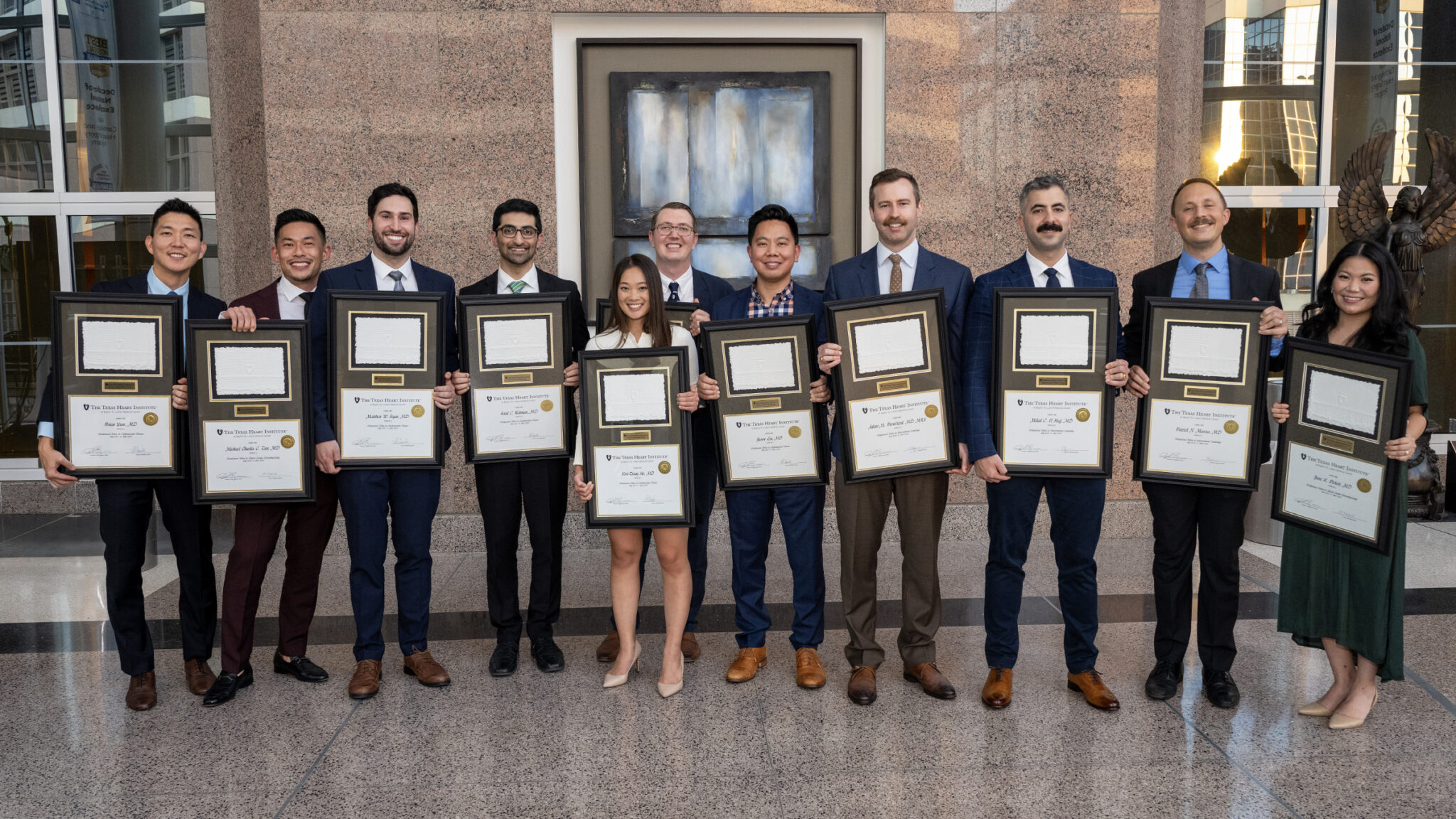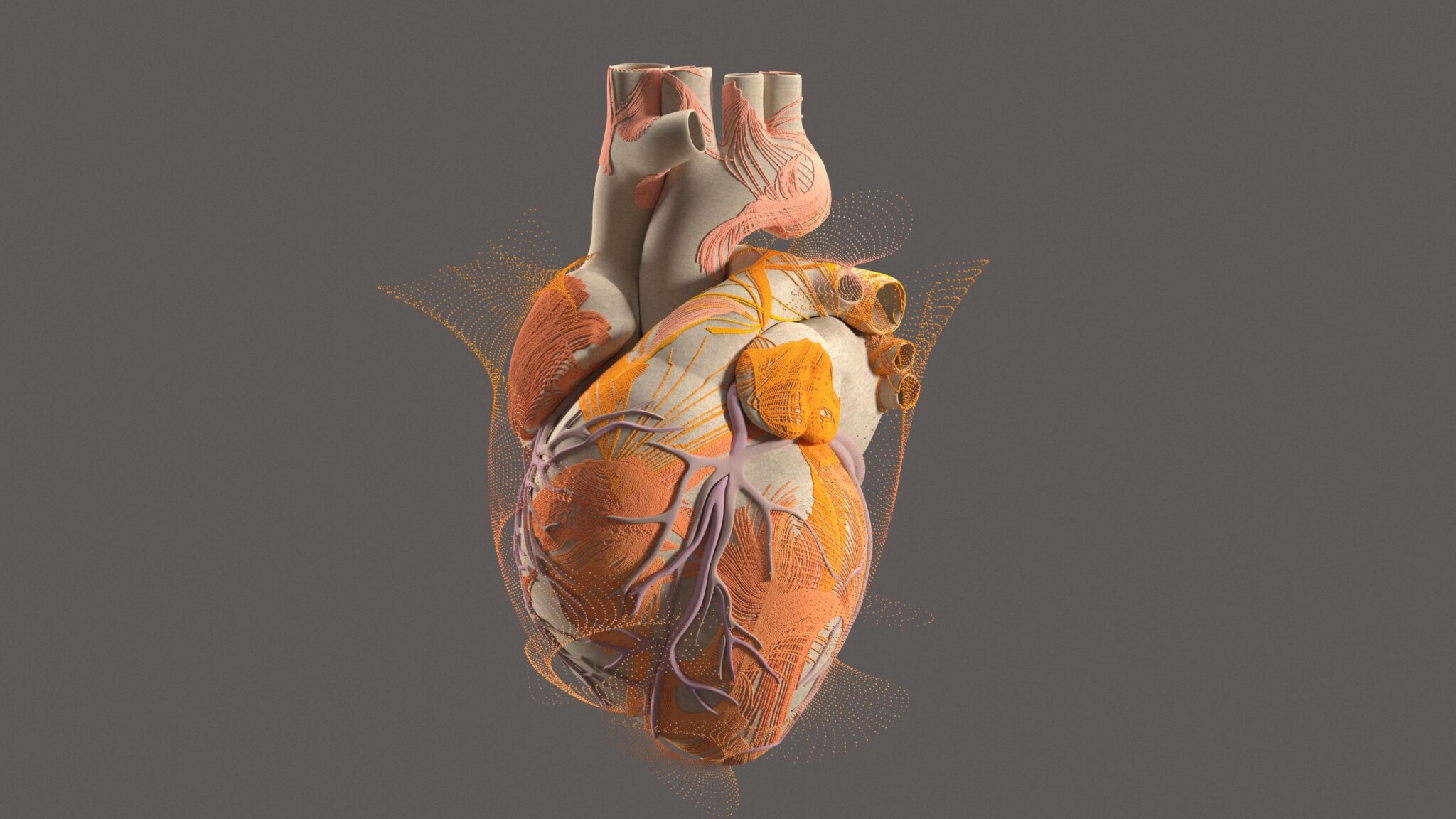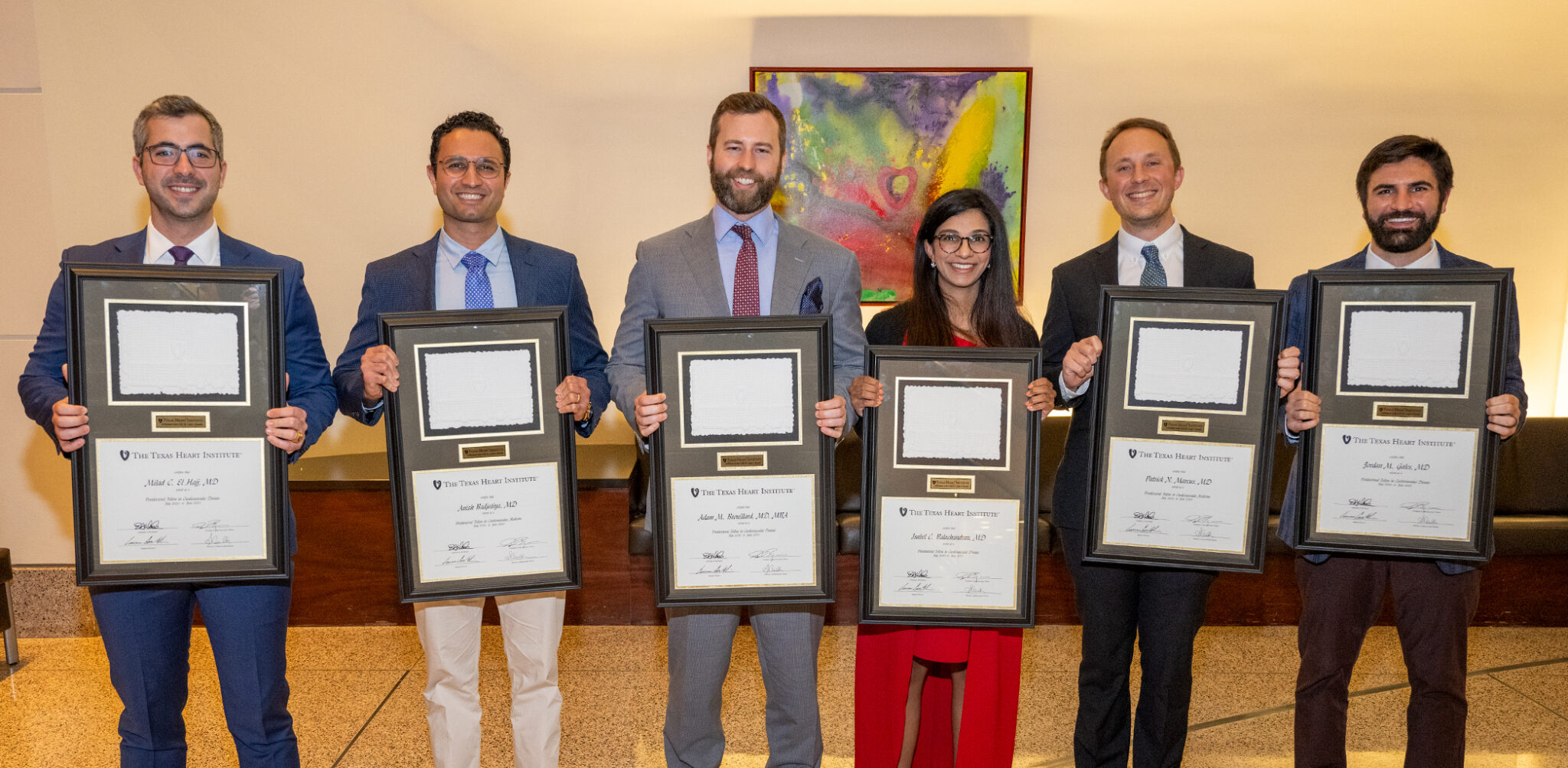
Dr. Saeed serves as the program director of the Clinical EP Fellowship and his research work in better understanding and treatment of arrhythmias has been extensively published and presented both nationally and internationally. Show full bio
Dr. Saaed’s special interests include: implantation of pacemakers, implantable defibrillators, biventricular devices and ablation of complex cardiac arrhythmias including atrial fibrillation. He provides fellows with an important training environment on treatment and prevention of cardiovascular arrhythmias. Dr. Mohammad Saeed is a diplomate of the American Board of Internal Medicine, Cardiovascular Diseases, Clinical Cardiac Electrophysiology and Fellow American College of Cardiology. Dr. Saeed received his MD from the Aga Khan University in Karachi, Pakistan. He continued his subspecialty training in cardiovascular disease at the University of Wisconsin and Tufts New England Medical Center and is currently a Clinical Assistant Professor of Medicine at Baylor College of Medicine.
Texas Heart Institute Positions
- Teaching Staff, Cardiovascular Disease Fellowship
- Program Director, Clinical Cardiac Electrophysiology Fellowship
- Section Editor, Structural Heart Disease, Texas Heart Institute Journal
Current Projects
- Course Director
- The Ali Massumi Cardiac Arrhythmia Symposium
Interests
- Cardiology
- Electrophysiology
Education
-
Medical School:
Aga Khan University Medical College
-
Internship:
Aga Khan University Medical College
-
Residency:
University of Wisconsin Hospitals
-
Fellowships:
Tufts – New England Medical Center
Academic & Clinical Affiliations
Publications
Recent News

The Texas Heart Institute Fellowship Program Congratulates 2024 Cardiology Graduates
On June 7, The Texas Heart Institute honored 11 graduates of its Cardiovascular Disease Fellowship and subspecialty cardiology fellowship programs....

Dr. Matthew Segar Recognized With DEI Abstract Award From Heart Rhythm Society
Novel Machine Learning Model Improves Prediction of Atrial Fibrillation Risk The Heart Rhythm Society recently recognized Matthew Segar, MD,...

The Texas Heart Institute Fellowship Programs Honor 2023 Graduates
The Texas Heart Institute recently celebrated the graduation of 13 outstanding cardiologists from its Cardiovascular Disease Fellowship and subspecialty fellowship...




